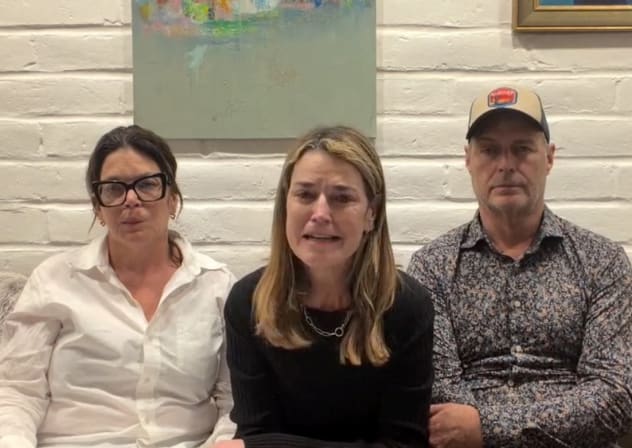US ends temporary protected status for Yemeni nationals
Secretary of Homeland Security Kristi Noem stated that she had "determined that Yemen no longer meets the law's requirements to be designated for Temporary Protected Status."

Secretary of Homeland Security Kristi Noem stated that she had "determined that Yemen no longer meets the law's requirements to be designated for Temporary Protected Status."




The ban had put Palestine Action on a par with Islamic State or al Qaeda and made it a crime to be a member, which carries a maximum sentence of 14 years in prison.

The shooting was reported at about 9:15 p.m. local time in an apartment at the Hugine Suites student residential complex, according to the statement posted on the university's Facebook page.

South Korean Unification Minister Chung Dong-young acknowledged the incident as a problem, with Kim Jong Un's sister saying she appreciated Chung's expression of regret.

The captain, a 47-year-old Chinese national, is accused of ignoring orders to stop for an on-board inspection on Thursday in waters off southwest Nagasaki Prefecture, Japan's fisheries agency said.

Ruemmler said she "made the determination" that the media attention was distracting from her work, with Goldman Sachs CEO David Solomon noting, "I respect her decision."

Venezuela's Delcy Rodriguez defends Maduro as the rightful leader and signals diplomatic progress with the US, amid growing cooperation and oil sales.

Much of the oil is being refined in US refineries, and the administration of US President Donald Trump has handed over proceeds from the sales to Venezuela’s interim government, Chris Wright said.

Gen. Hassan Kabroun claimed the area was under the full control of the Sudanese Armed Forces and “does not require transporting any military equipment using aid convoys as decoys.”

An email from Oz and his wife to Jeffrey Epstein has a subject line reading "Mehmet and Liza Oz's Valentine's Day Celebration" and contains a link to a digital invitation.

The suspect has been described by the FBI as a man of average build who is approximately 5’9” - 5’10” tall.
